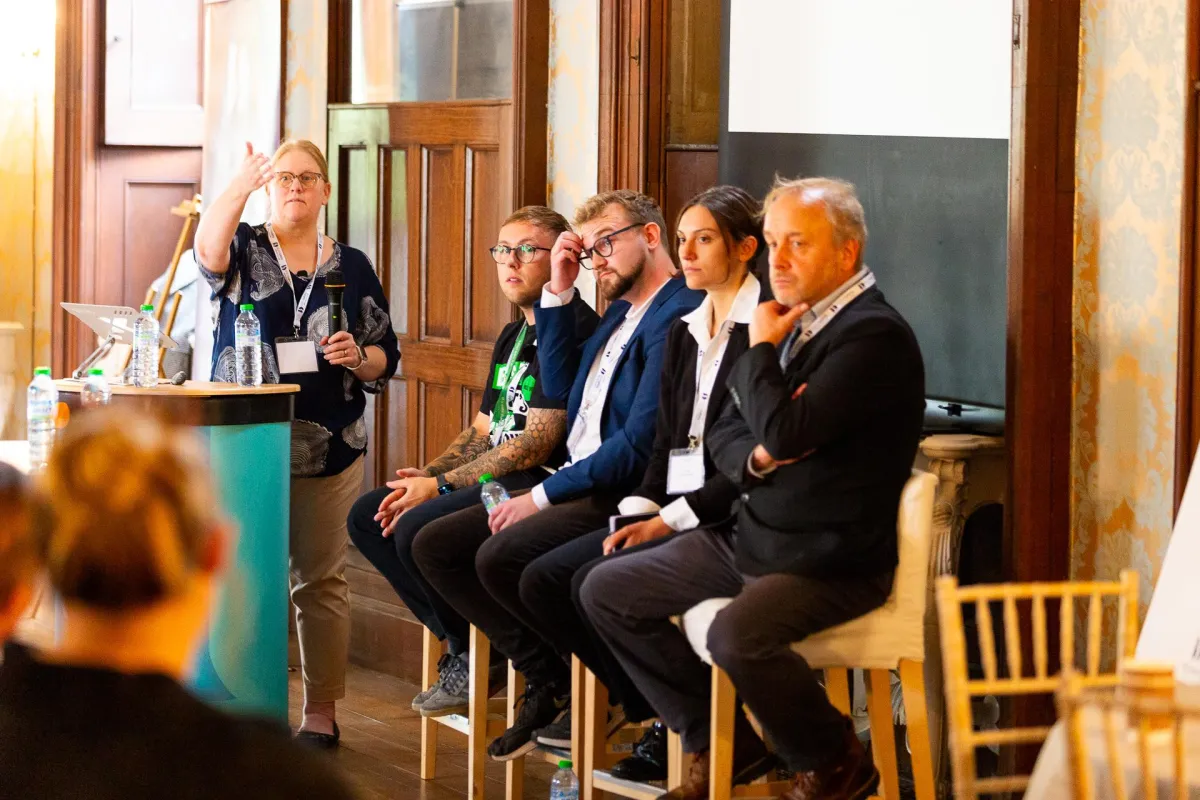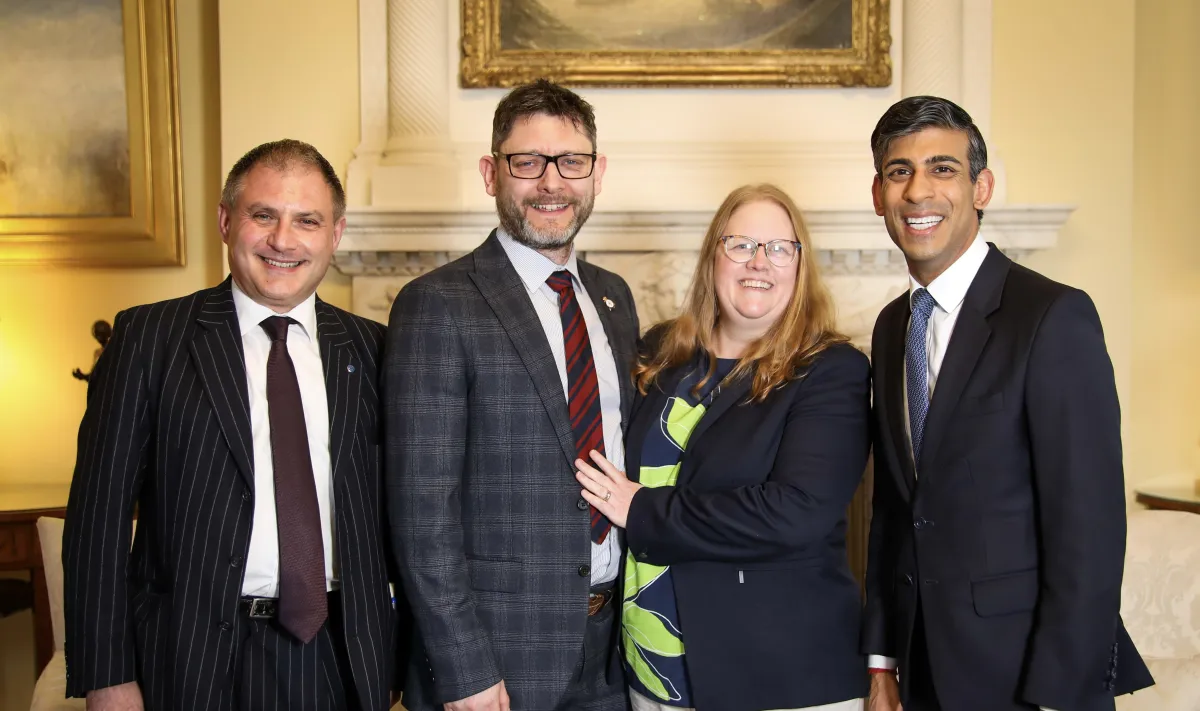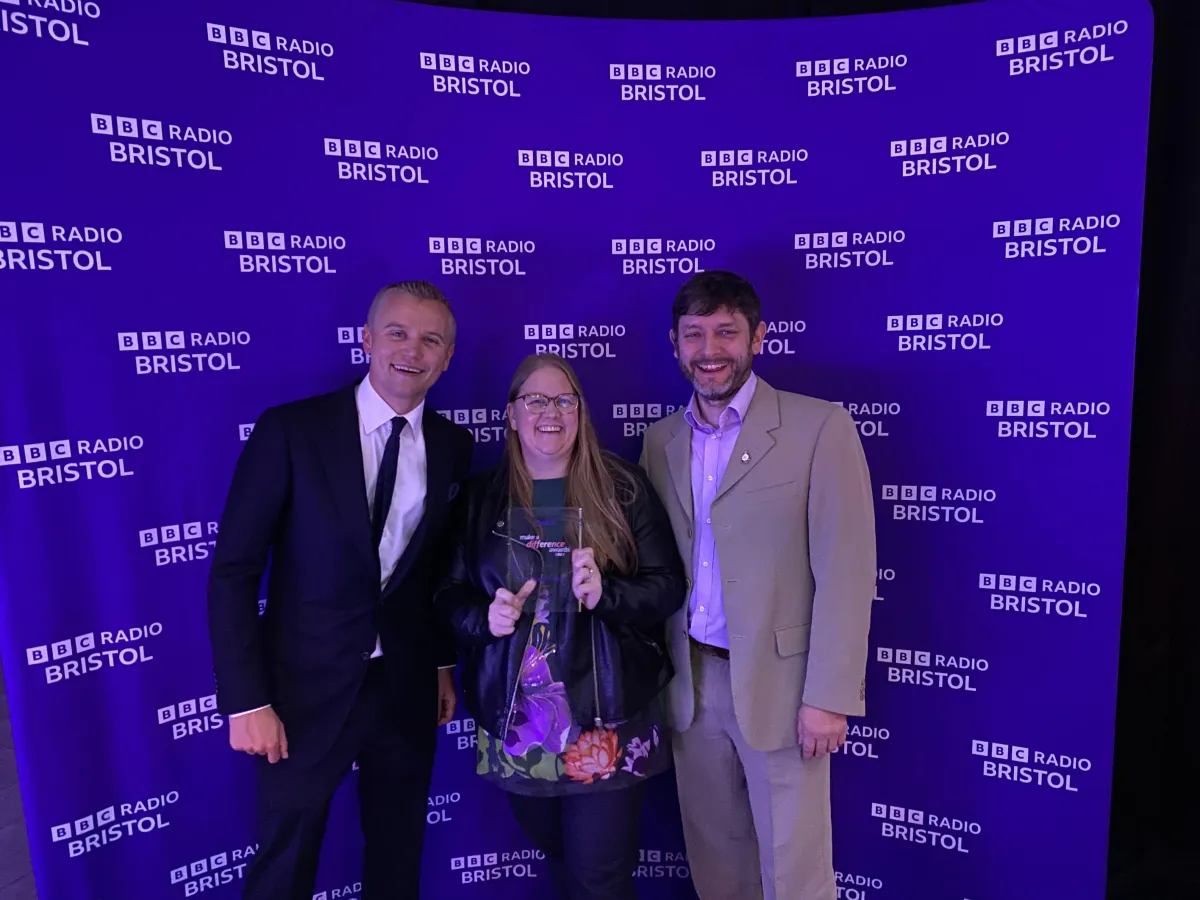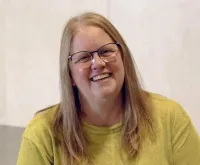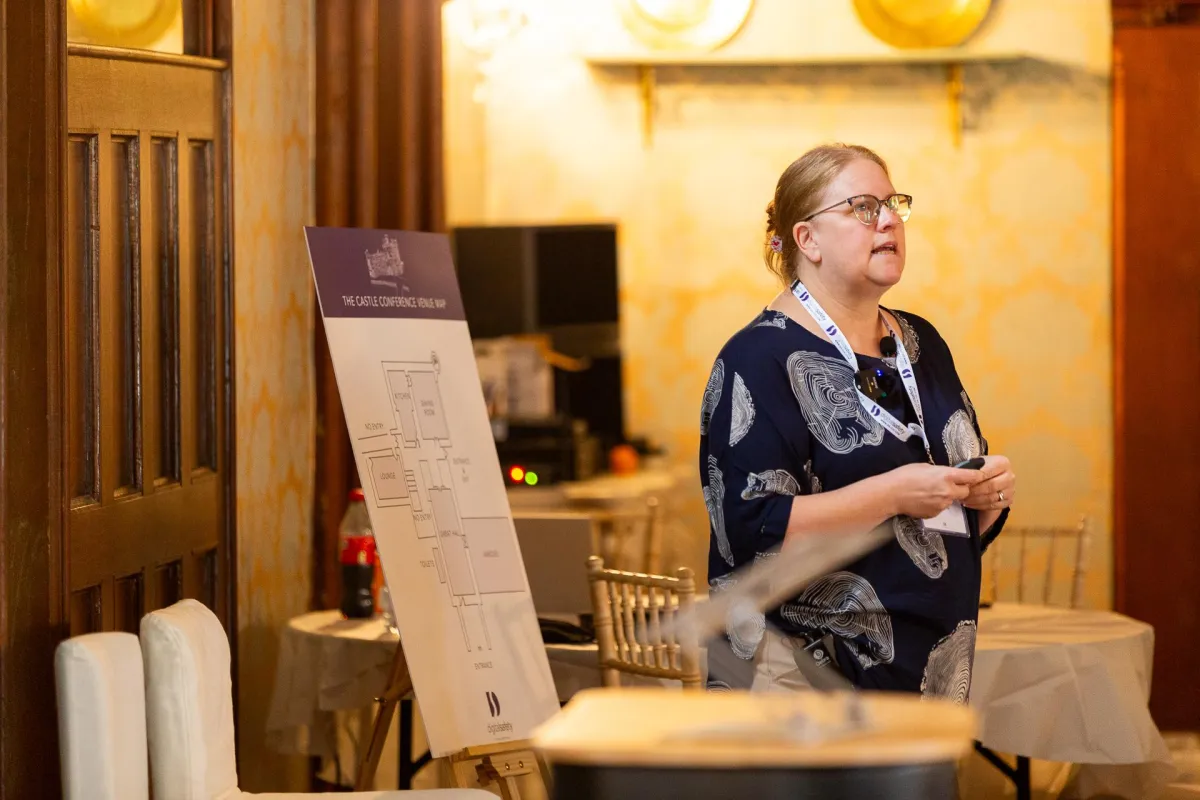
Lucy Smith
Neurodiversity & Inclusive Change Speaker, Facilitator, Compare
Lucy Smith, a keynote speaker on neurodiversity, resilience & inclusive change, helps organisations build inclusive, adaptive cultures that thrive on difference. Inspiring audiences & making a difference
Neurodiversity | Managing Change | Resilience
Life Stories | Social Enterprise
Authentic storytelling that makes a difference
Hi, I am Lucy!
Some people call me the "pocket rocket". I think that is because I have passion and energy to bring out the best in an audience.
I have been working with audiences for almost 25 years in many guises - Lecturer, radio presenter, drama teacher, children's entertainer (I have been a professional fairy) facilitator, compare and speaker.
As a speaker I believe there has to be some substance behind us and I sure have that too. Not being able to settle and always saying "YES" to opportunities has led to a whole lot of experience that informs my work and my presentations.
At my core I am a purpose led social entrepreneur who loves to start a conversation about topics that matter.
I start those conversations with stories some that will surprise and some that will inspire. I talk about some difficult stuff and combine my unique expertise and knowledge.
Relatable, authentic and thought provoking
Lucy x

Neurodiversity
What is your perspective?
I come from a range of different perspectives when I talk about neurodiversity. From pedagogy, organisation development and leadership, research, personal and family and real lived experience. With a a strengths based approach I talk positively and with passion about change and neurodiversity in work, school and community.
I engage audiences to get them thinking and start conversations that will make and does make a lasting difference.
Change Management
Let me meet you at your
bus-stop
In the world of change management, it's not about imposing a new route; it's about understanding where you're starting from.
I have spent a decade working with senior leaders in transformational change where I have learned that change is often an individual journey and we will all join that journey from a different bus-stop.
I combine theory with reality and always have an eye on the future.
Life Stories
The secret change agent
A wealth of stories based on real lived experience with plenty of lessons for the future. Spilling some my secrets on here would be giving away some of my best work which you will want to hear straight from the source.
Oh, okay, let's just say I can talk about resilience, royalty, and some really fun stuff from a career in international law enforcement.
Social Enterprise
Making a difference - the torch that lights the stars
Lighting people up to make sustainable change happen is a big part of what I do. From setting up a community radio station to developing an innovative and groundbreaking conference around digital wellbeing and young people.
I talk the talk and walk the walk when it comes to social enterprise, from grass roots to engagement at the highest levels right up to Downing Street.
Neurodiversity in the workplace
Delivering practical workshops, interactive webinars and tailored team development sessions.
Lucy explores how embracing neurodiversity drives creativity, collaboration and wellbeing at work.
-Understanding the strengths and challenges of neurodivergent colleagues
-Practical adjustments and inclusive communication strategies for teams
-Building a culture where neurodivergent talent can thrive and contribute fully
What do other people say?
Don't take it from me, here is what others say about working with me.
Listen online
Podcasts, interviews and YouTube
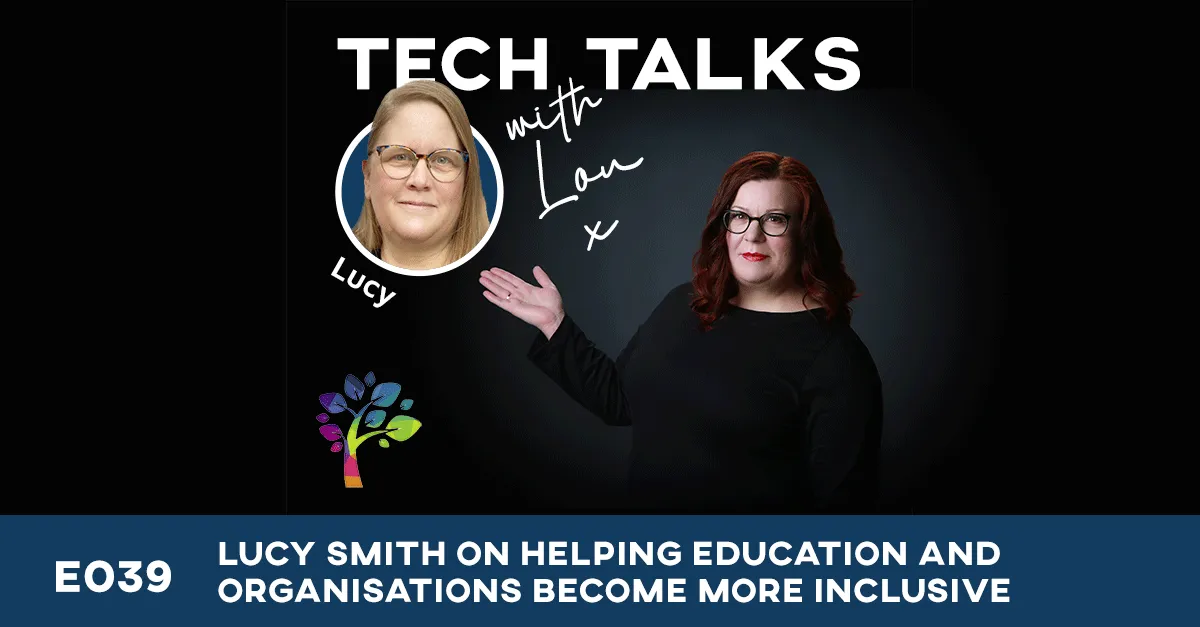
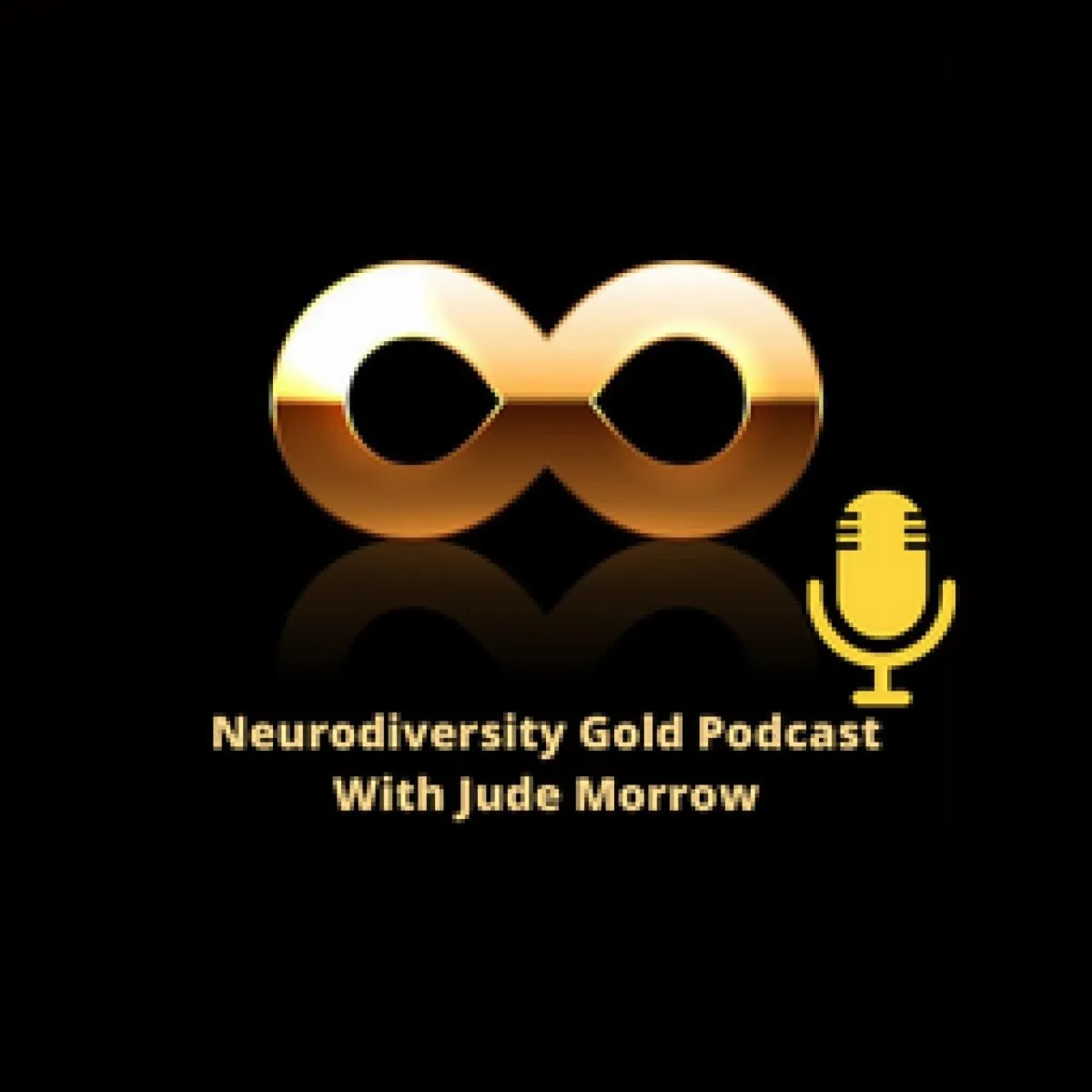
Read more
The blog
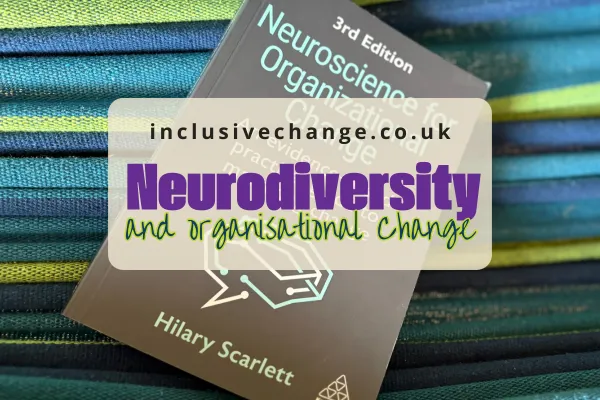
Clear communication & coaching: Essential tools for change
Clear Communication & Coaching: Essential Tools for Neuro-inclusive Change
Change is one of the most talked-about, and feared, parts of organisational life. But while strategy, structure, and systems tend to get all the attention, it’s how we communicate and support people that determines whether change will succeed.
In this second blog of our four-part series on neuroinclusive change, we explore two critical enablers of successful, inclusive transformation: clear communication and coaching. Both are especially vital when supporting neurodivergent team members, and both can dramatically reduce resistance, stress, and misunderstanding.
Why Clarity is Key
For neurodivergent individuals, particularly those with autism, vague language can create real obstacles. Where others may infer meaning or intention, an autistic person may not.
Let’s take this example:
“Wouldn’t it be great if you wrote up the notes from this meeting?”
To a neurotypical colleague, that might sound like a gentle suggestion. To an autistic person, it might simply register as a rhetorical comment. They might agree it would be great, but not realise it was a request. When the task doesn’t get done, frustration follows.
Instead, say:
“Can you write up the notes from this meeting by 3pm tomorrow? That way, we can include them in the weekly update.”
This version is clear, direct, time-bound and includes the why, which is crucial for buy-in.
Why Coaching Creates Space for Understanding
Coaching supports both sides of the change equation. For neurodivergent employees, coaching can offer:
Clarity about what’s changing and why
Space to explore how it affects them
Strategies to manage the transition and maintain performance
For managers and change leaders, coaching can help them:
Understand unexpected responses or behaviours
Reframe assumptions
Develop language and strategies that reduce tension
A manager doesn’t need to know, or guess, whether someone is neurodivergent. But they do need to notice when someone is struggling and offer practical support. Instead of speculating, they can say:
“I can see this part of the change seems challenging, how can I support you with it?”
This approach is inclusive, respectful, and proactive. It supports the individual without needing a label.
Emotional Responses: Rejection Sensitivity and Miscommunication
Rejection Sensitivity Dysphoria (RSD) is a term many leaders are still unfamiliar with, but it’s common among people with ADHD and other neurodivergent profiles. It means that even small cues - such as a perceived shift in tone, facial expression, or criticism - can feel intensely personal.
In a change setting, where uncertainty is high and relationships are shifting, RSD can result in:
Strong emotional reactions
Avoidance or shutdown
Sudden departures from meetings or conversations
These responses can be misunderstood as overreaction or even hostility. Coaching helps both parties understand these moments for what they are: emotional responses to perceived threat, not a lack of professionalism.
The Science Behind It
Neurodivergent brains often process information and emotion differently and understanding this can shift the whole tone of your change programme.
In Neuroscience for Organizational Change, Hilary Scarlett explores how the brain responds to uncertainty, threat, and communication style. Her work shows why clarity, predictability, and autonomy are essential for any human, and even more so for neurodivergent individuals.
Learn more and order your copy here: Neuroscience for Organizational Change – Kogan Page
Use code NEW20 for 20% off your first order.
Take It Further
At Inclusive Change, we provide tailored coaching for neurodivergent individuals and their managers during times of transition. We also offer training for leaders on how to embed clear, inclusive communication into their change programmes from day one.
Find out more at inclusivechange.co.uk
Coming next: Technology, Empathy Mapping, and Profiling Tools: Designing Change That Works for Every Brain
Some of the Companies Inclusive Change Have Worked With


Inclusive Change Ltd
The Brightwell, Bradbury House
Wheatfield Drive
Bradley Stoke, Bristol
BS329DB
Reg no: 12412464
Copyright 2023 - Inclusive Change Ltd
VAT NO: 352 1564 17
ICO Reg: ZB081779
UK Register of Learning Providers: 10090652
Column Header
Lorem ipsum dolor sit amet consecetuer lorem ipsum
Organically grow the holistic world view of disruptive innovation
At the end of the day, going forward, a new normal that has evolved
Column Header
Lorem ipsum dolor sit amet consecetuer lorem ipsum
Organically grow the holistic world view of disruptive innovation
At the end of the day, going forward, a new normal that has evolved
Column Header
Lorem ipsum dolor sit amet consecetuer lorem ipsum
Organically grow the holistic world view of disruptive innovation
At the end of the day, going forward, a new normal that has evolved






